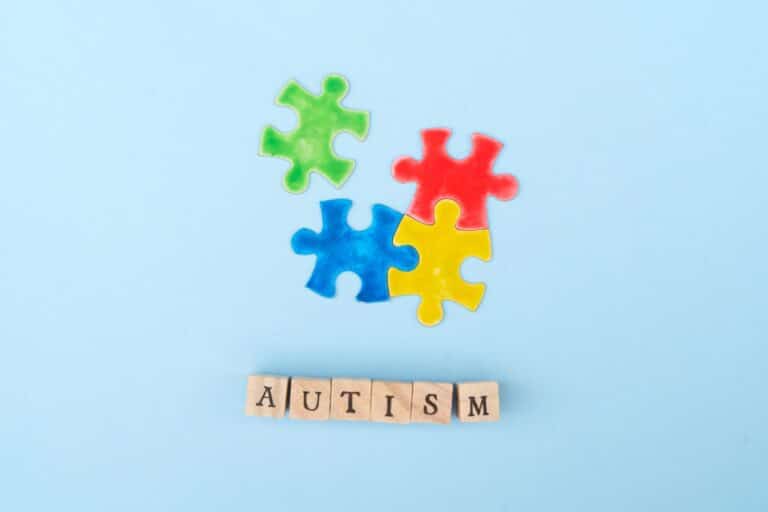The dangers of synthetic drugs have been a significant problem for many years.
Reports from the National Institute on Drug Abuse show that more than 20 million people in the U.S. have used these substances at least once, and this number is increasing every year.
These substances are often cheaper and easier to find than traditional drugs. Still, they come with much higher risks of addiction and overdose- including side effects, withdrawal symptoms, and ways to overcome addiction.
Let’s explore what you need to know about synthetic drug abuse- including side effects, withdrawal symptoms, and ways to overcome addiction.
What Are Synthetic Drugs?
Synthetic drugs are substances created in a laboratory, often to mimic the effects of traditional drugs like marijuana, cocaine, and ecstasy.
These synthetic drugs are often marketed for other uses to avoid illegality. For example, bath salts typically have the label “not suitable for human consumption,” but this doesn’t stop someone from using them.
These types of drugs can be very potent and usually contain unknown chemicals that could be dangerous for individuals who use them.
There are a number of synthetic drugs and they are often sold under names that sound similar to well-known drugs.
Some of the most common types of synthetic drugs include:
Spice/K2
Spice is known as a synthetic cannabinoid or fake weed. Spice can be over 100 times more potent than plant-based THC.
Bath Salts
Bath salts are synthetic cathinone which is a stimulant. This synthetic drug usually contains substances using MDPV, methylone, or mephedrone.
The effects of snorting bath salts have been compared to doing ten lines of cocaine. Products include increased blood pressure, heart rate, and body temperature.
Molly or Ecstacy
Molly and ecstasy are similar because they produce the same side effects. Like Ecstacy, Molly or MDMA are typically used at music festivals, nightclubs, or dance clubs in pill form. Both of these drugs have unknown ingredients and ingredient makeup.
Krokodil
Krokodil, also known as desomorphine, is a derivative of opioid main medication codeine.
Unfortunately, krokodil can be made at home by mixing codeine with paint thinner, hydrochloric acid, or iodine. This synthetic drug is even seen to be more fatal than heroin.
What Are the Side Effects of Synthetic Drugs?
Symptoms of synthetic drugs can be very violent and even deadly. An intense high can be experienced almost instantly. When you notice these symptoms in a friend or family member, it’s crucial to take action immediately.
Common signs and symptoms include:
- Paranoia
- Anxiety
- Hallucinations
- Seizures
- Aggression
- Suicidal ideation
- Chest pain/heart attack
- Sweating
- Restlessness
- Inability to speak
Whos At Risk?
While anyone can abuse synthetic drugs, the main affected demographic includes teenagers. Most users of these drugs are between the ages of 12 to 17. A large majority of teenagers at young ages like to experiment with drugs and even more when they are deemed legal and readily available.
Due to the false advertisement of these drugs, teenagers aren’t afraid to try them because they assume they are safe. This leads to addiction and abuse of these substances.
Other demographics are at risk of becoming addicted to synthetic drugs besides teens and young adults. Those in recovery from addiction, as well as convicted felons, may become dependent on artificial substances.
Treatment for Synthetic Drug Abuse
Residential treatment is the best way to provide comprehensive care to ensure the individuals recover from addiction because of the lack of information on what synthetic drug is being abused.
Our residential treatment center provides 24/7 support along with mental health therapies. No matter your situation, our staff is here to take care of you and see that you get the best treatment available.
Get Help with Steps For Change Today!
Even a single dose of these research chemicals can prove fatal. Synthetic drugs are just as prone to addiction and dependence as any other illegal substance.
That’s why it’s important to receive comprehensive substance abuse treatment as soon as possible.
If you are or a loved one is struggling with addiction, there is hope. Contact us today to learn more about synthetic drug addiction and treatment.






